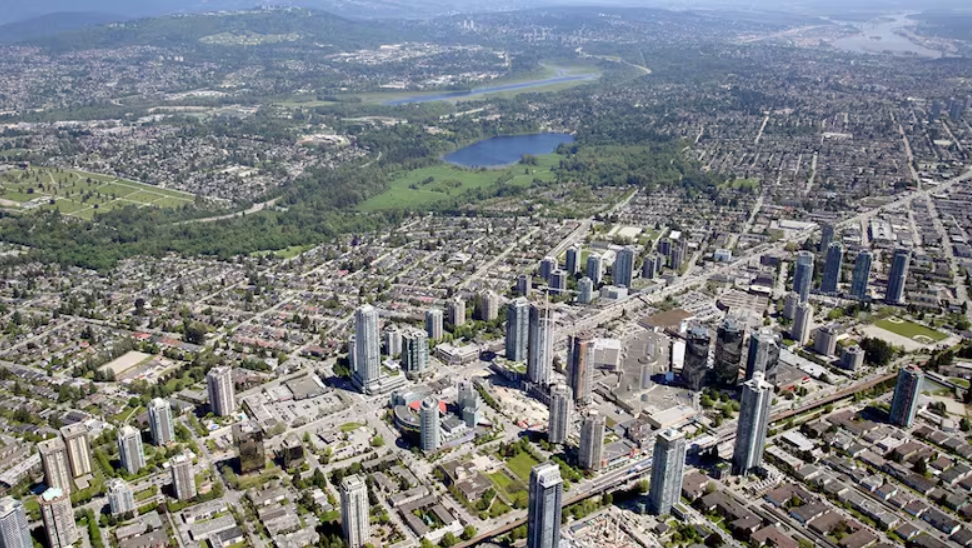Burnaby’s $1.2B Reserve Nearly Depleted Amid Soaring Costs and Provincial Funding Changes
Sarah Desjardins
5/23/20252 min read


Burnaby’s era of debt-free spending and billion-dollar reserves is coming to an end. Once praised for its robust capital savings and no-debt approach, the city is now facing a financial crossroads.
As of late 2024, Burnaby has committed more than $1.2 billion to nearly 20 major community projects, including new recreation facilities, a library, and an RCMP detachment. But skyrocketing construction costs have pushed five of those projects $281 million over budget, forcing city council to cancel the planned $240-million Confederation Park Community Centre and pause future initiatives indefinitely.
Councillor Sav Dhaliwal, chair of the city’s financial management committee, says the city’s capital reserves are “basically exhausted” and that the previous model for funding growth—collecting cash from developers through density bonuses—has been curtailed by new provincial legislation.
The province has replaced density bonuses with a standardized developer fee system known as Amenity Cost Charges (ACCs). Unlike the previous system, which brought in over $1 billion in the past decade, ACCs limit flexibility and require municipalities to co-fund projects with taxpayer dollars.
As a result, Burnaby homeowners are now facing a 1.9% infrastructure levy on top of regular property tax increases. Dhaliwal estimates it could take up to 10 years to rebuild enough reserves to revisit stalled projects like Confederation Park.
Former councillor Colleen Jordan says residents are frustrated but shouldn't blame the city alone. “It’s the province’s new rules that have made it harder for Burnaby to move forward,” she said, adding that borrowing may not be politically viable among the city’s debt-averse residents.
The problem isn't unique to Burnaby. Trish Mandewo, president of the Union of B.C. Municipalities, says infrastructure projects across the province are being jeopardized as construction costs rise three times faster than inflation.
B.C.’s Ministry of Housing maintains the new system is more transparent and predictable, and notes Burnaby had already experienced a $175 million shortfall under its previous model even before ACCs took effect.
Despite the financial strain, Burnaby’s CFO Noreen Kassam says the city will still deliver on already approved projects. “It’s alarming that reserves are depleting, but they’re doing what they were meant to—funding major amenities for residents,” she said.
Mayor Mike Hurley echoed concerns about the province’s new approach but stood firm on avoiding debt. “Our motto has always been pay-as-you-go, and I’d like to keep it that way,” he said. “But we will need to rethink our business model to keep delivering for Burnaby.”
News
Stay updated with the latest BC news stories, subscribe to our newsletter today.
SUBSCRIBE
© 2025 Innovatory Labs Inc.. All rights reserved.
LINKS
